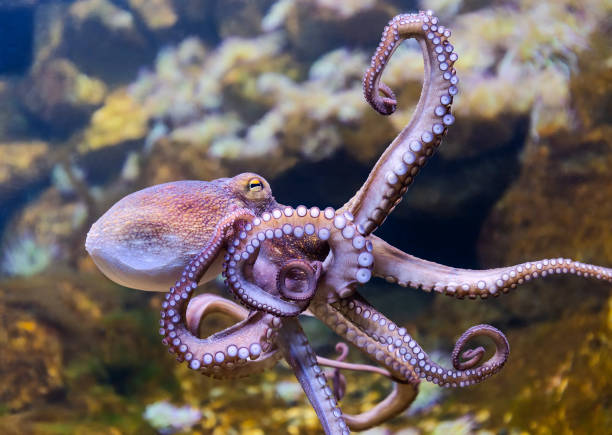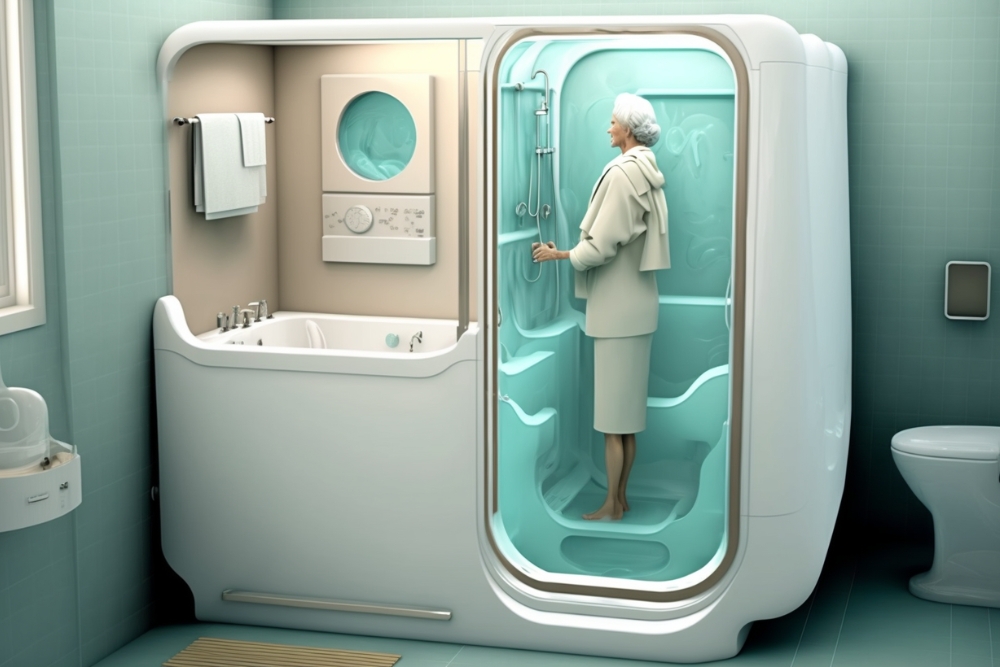Unveiling the Intriguing World of Octopuses as Potential Pets
The world of octopuses, a creature that possesses both beauty and brains, is gradually catching the attention of pet enthusiasts. They are known for their intelligence, unique physiology, and their ability to adapt to varied environments – traits that make them a fascinating subject. This article delves into the background and recent developments surrounding octopuses as potential pets, their market impact, and the factors that prospective owners need to consider.

History and Rise of Octopuses as Pets
Octopuses have been a subject of fascination for centuries, with their exceptional cognitive abilities and peculiar behaviors being documented in various cultures and scientific studies. However, it was only in the late 20th century when marine hobbyists began keeping them as pets. Since then, the popularity of these creatures as exotic pets has seen a steady rise, thanks to advancements in aquarium technology and increased understanding of their needs.
Current Developments in Octopus Pet Trade
Recently, there has been a surge in interest towards octopuses as pets, particularly the smaller, more manageable species like the dwarf octopus. However, this escalating interest has also led to concerns regarding their welfare and the ecological impact of capturing wild octopuses. There is a growing call for responsible pet ownership and sustainable practices within the trade.
The Cost and Market Impact of Octopus Ownership
Keeping an octopus as a pet is not a cheap endeavor. The initial setup of a suitable aquarium environment can range from $300 to $1000, while the octopuses themselves can cost anywhere between $30 and $1000, depending on the species. This burgeoning niche in the pet industry has a significant market impact, influencing trends in aquarium sales, marine pet supply, and even influencing research in marine biology.
Scientific Backing: Octopus Intelligence and Behavior
There is ample scientific evidence to support the notion of octopuses being intelligent creatures. Studies have shown that they can solve puzzles, escape from enclosures, and even use tools – behaviors typically associated with higher cognitive function. However, their unique physiology and behavior also mean they require specific care and mental stimulation, which can be challenging for the average pet owner.
The Future of Octopuses as Pets: A Balanced Perspective
While the idea of keeping an octopus as a pet is intriguing, it is essential to consider the ethical implications and the creature’s welfare. Octopuses have complex needs and short life spans, and their care can be demanding. It’s crucial for potential owners to thoroughly research and understand the responsibilities involved. With the right approach, however, these magnificent creatures can offer a unique and rewarding pet-keeping experience.
The world of octopuses as pets is as captivating as it is complex. While they offer an entirely different perspective on pet ownership, they also highlight the importance of responsible pet keeping and conservation. As we continue to learn more about these incredible creatures, it is our responsibility to ensure their welfare and protect their natural habitats.




